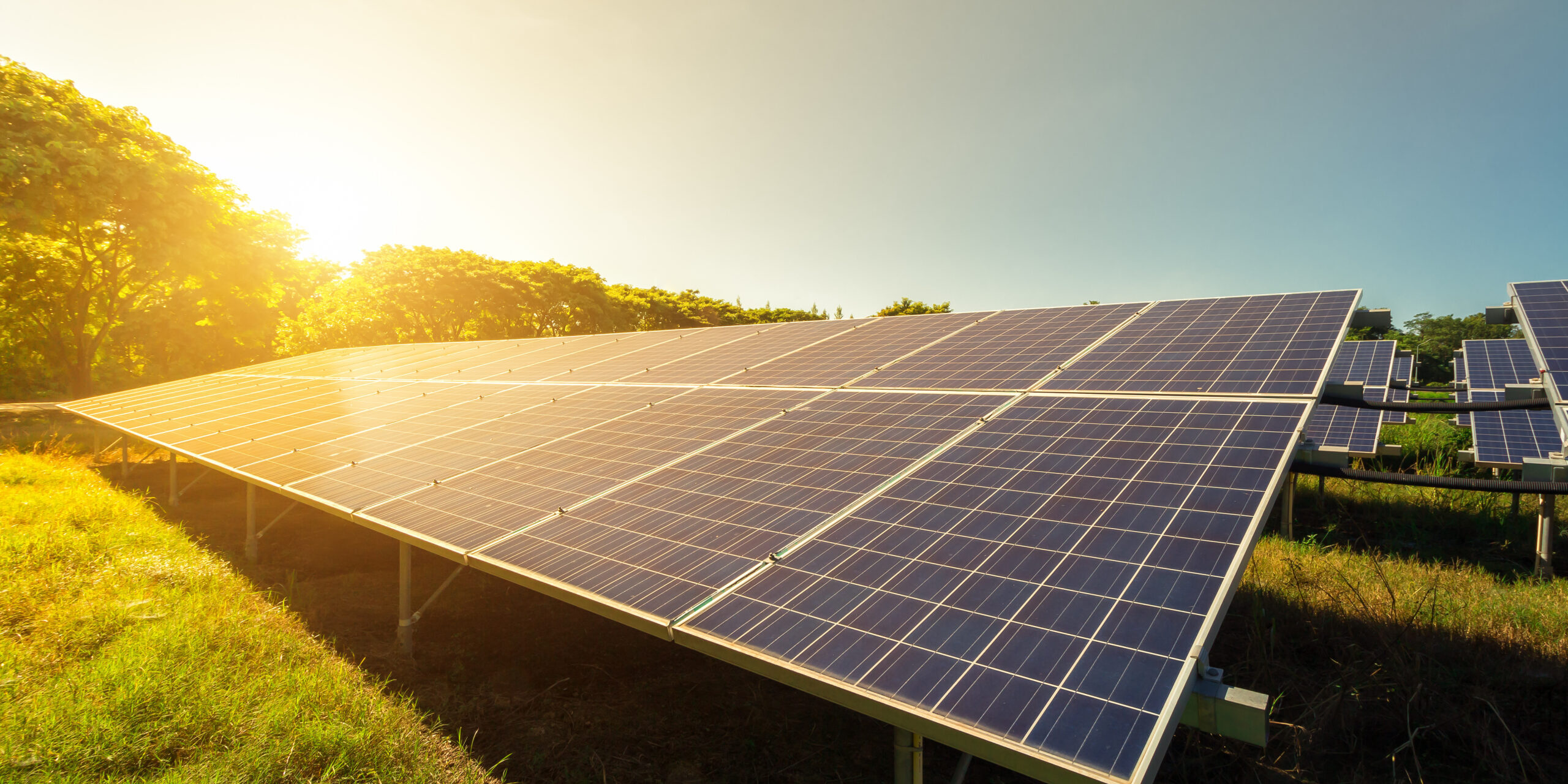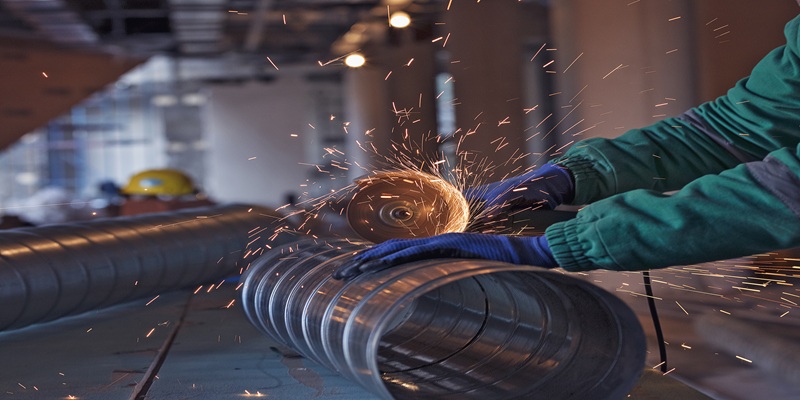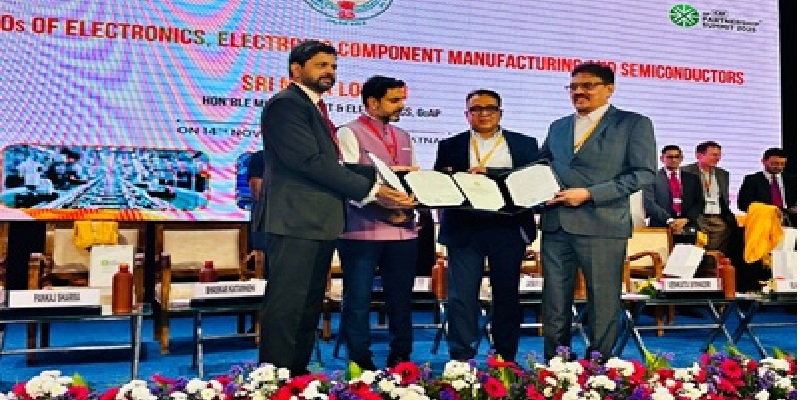Schedule a Call Back
We see strong progress in India’s solar manufacturing landscape: Gautam Mohanka
 Interviews
Interviews- Jun 25,25

Related Stories

Electronics Sector Targets USD 500 Bn Output by 2030
India’s electronics industry expects strong growth driven by FTAs and incentives.
Read more
India’s Solar Module Capacity to Cross 125 GW, Raising Surplus Fears
Industry faces overcapacity risks as production triples domestic demand
Read more
Centre Launches Third Round of PLI Scheme for Speciality Steel
Scheme aims to boost high-end steel capacity and global competitiveness
Read moreRelated Products

Integrated Electric Gripper S Series
IBK Engineers Pvt Ltd offers a wide range of integrated electric gripper S series.

Geared Electric Motors
Delco Fans Pvt Ltd offers single phase capacitor run and three
phase geared Instrument motors, totally enclosed face/foot mounted.

“Kusam-Keco” Partial Discharge Acoustic Imager - Model - Km-pdai
‘Kusam-Meco’ has introduced a new “Partial Discharge Acoustic Imager Model KM-PDAI.
















